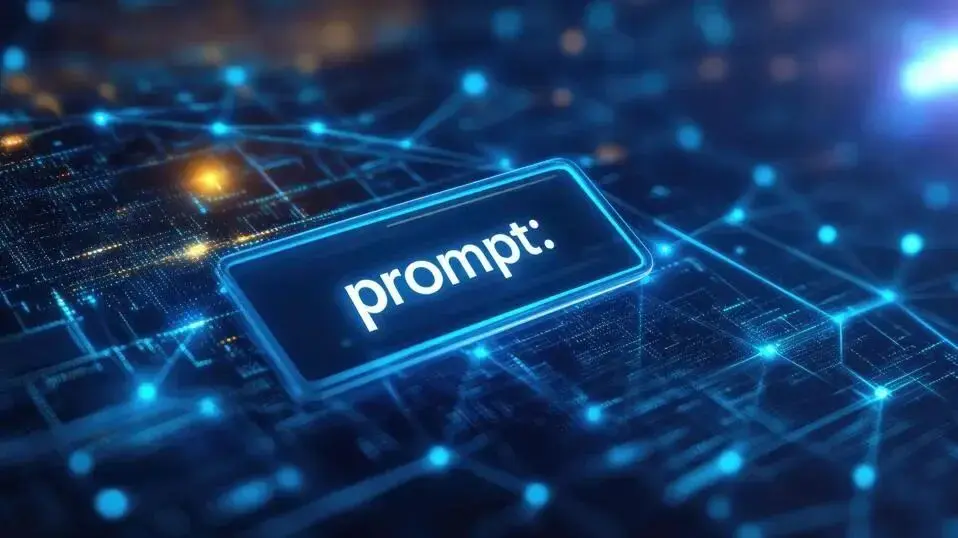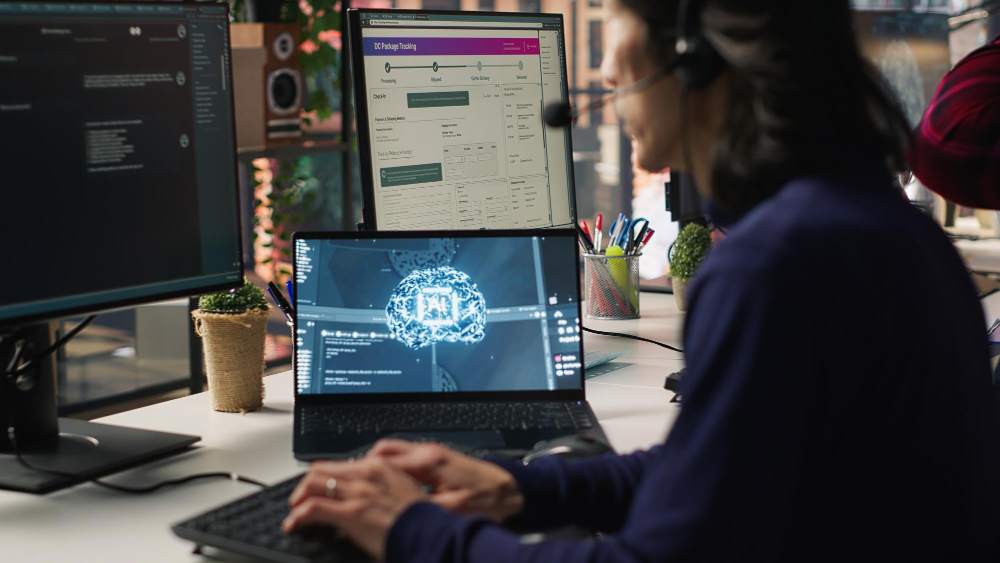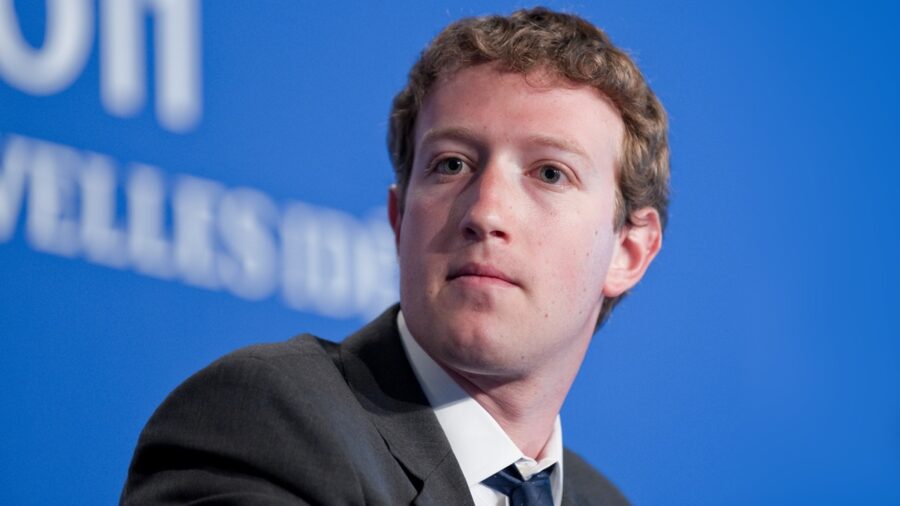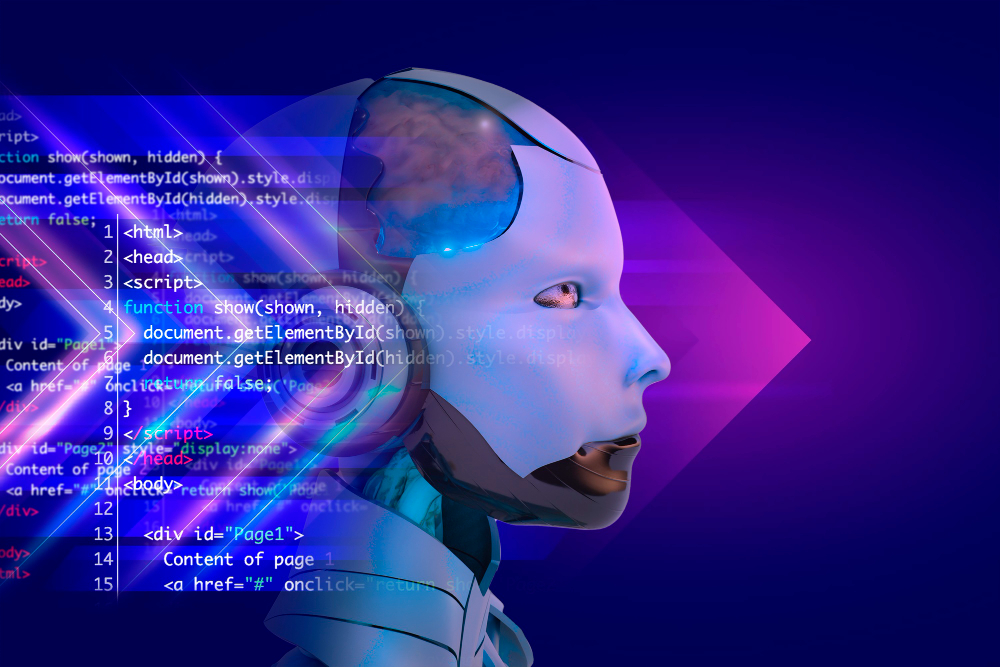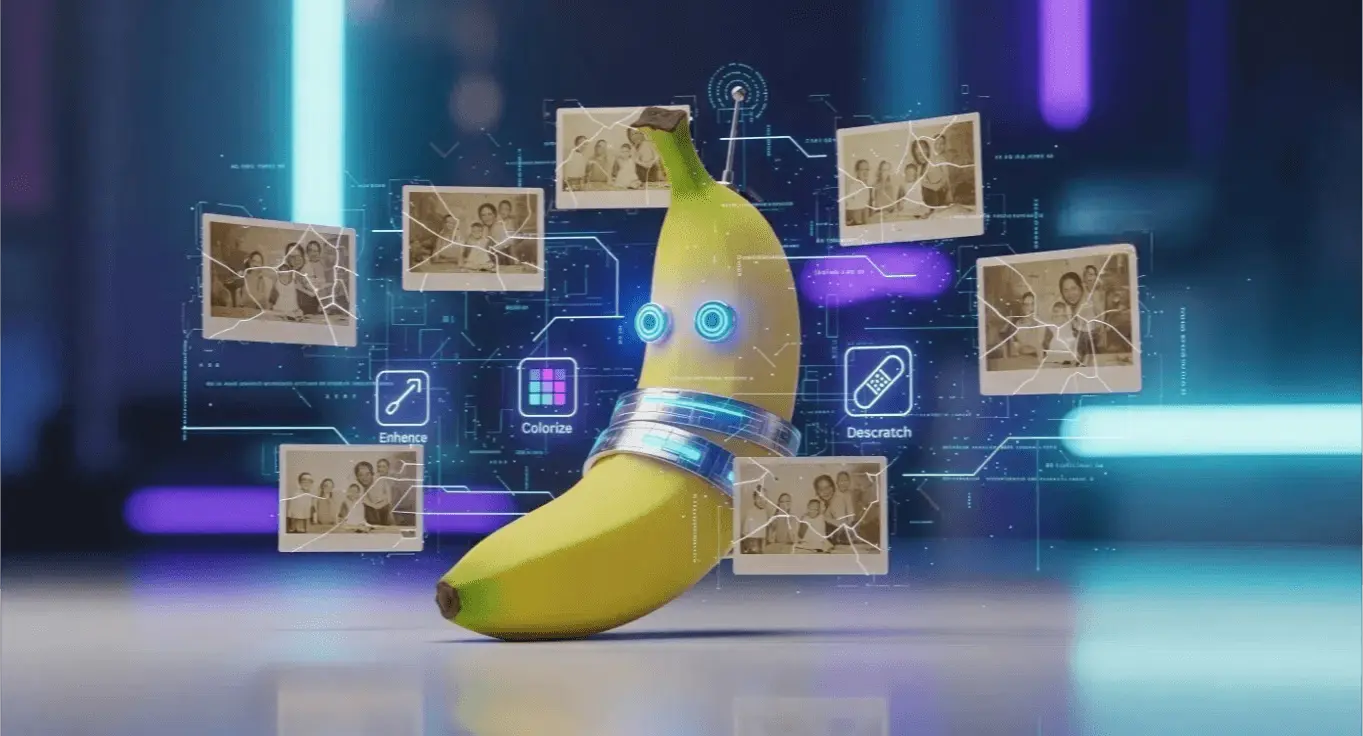Mark Zuckerberg Thinks AI Can Replace Mid‑Level Engineers, Should We Be Worried?
The Day Zuck Dropped the Bomb
Picture this: you’re sipping your morning coffee, scrolling through podcast highlights, when suddenly you hear Mark Zuckerberg, hoodie on, calm as ever, say that by 2025, Meta’s AI will be writing code like a “mid‑level engineer.”
Not just helping.
Not just pair‑programming.
Replacing.
That was back in January, on The Joe Rogan Experience. He doubled down in April on another podcast, claiming AI could soon write higher‑quality code than an average human engineer.
Fast‑forward to today, July 2025, and those words are still echoing across Reddit threads, TikTok clips, and late‑night Slack chats among engineers. It feels fresh because the implications are huge, not just for Meta, but for the entire tech world.
What He Actually Said (Facts, Not Panic)
- January 2025 (Joe Rogan Podcast):
Zuckerberg predicted that within the year, Meta would have AI capable of performing as a mid‑level engineer, handling much of the company’s coding. - April 2025 (Dwarkesh Patel Podcast):
He sharpened the claim:
“In the next 12 to 18 months, most of the code for Meta … will be written by AI … higher quality than an average very good person on the team.”
- Meta’s Current Moves (Summer 2025):
Reports from Reuters, Washington Post, and others confirm Meta is pouring hundreds of billions into AI data centers and has poached top talent from OpenAI, Google DeepMind, and Apple. This isn’t theoretical, they’re building infrastructure to make this happen.
The Big Question: Is He Right?
AI tools like GitHub Copilot and Claude Code are already drafting boilerplate functions, catching bugs, and helping junior devs ramp up. But Zuckerberg is talking about mid‑level engineers — people who not only code, but understand context, business logic, and long‑term maintainability.
Experts are divided:
- Optimists say: AI can automate repetitive coding, freeing humans to focus on architecture, product vision, and creative problem‑solving. Think “Iron Man suit,” not “replacement.”
- Skeptics warn: Mid‑level engineers aren’t just code monkeys; they’re the backbone of teams, mentoring juniors and stress‑testing senior decisions. AI may write code, but will it understand why that code matters?
Bill Gates even chimed in recently, cautioning that coding is “too complex” to fully replace engineers anytime soon, citing how even advanced AI can make catastrophic mistakes (like deleting production databases… yikes).
The Impact: Jobs, Culture, and the New Engineering Ladder
If Zuckerberg’s vision plays out, the role of a human engineer changes dramatically:
- Fewer entry points: Junior roles may vanish if AI handles onboarding‑level work.
- Shift in skillsets: Future engineers may focus more on prompt design, system oversight, and AI ethics rather than raw coding.
- Economic ripple: Fewer traditional coding jobs → pressure on universities and bootcamps → potential talent bottlenecks for creative and high‑level roles.
For companies? Massive cost savings and faster iteration cycles, but also new liability risks (AI‑generated bugs, IP disputes) and cultural upheaval (“Do we celebrate the code if no human wrote it?”).
What Should We Do?
- Upskill Beyond Code:
Learn systems thinking, product strategy, and AI tooling. Mid‑level coding may shrink, but high‑level architecture and problem‑framing are future‑proof skills. - Ethics & Governance:
Push for AI code review standards, human‑in‑the‑loop processes that catch what AI misses (security flaws, ethical blind spots). - Lifelong Learning Culture:
Companies must invest in continuous learning so engineers evolve alongside AI, not compete with it. - Don’t Panic, But Prepare:
This shift isn’t about “robots stealing jobs” overnight. It’s about redefining what engineering means in the next five years.
Final Thought
Mark Zuckerberg’s prediction isn’t science fiction anymore. It’s a call‑to‑action. Whether you’re an engineer, a founder, or just someone watching the AI revolution unfold, the takeaway is clear: adapt early, stay curious, and don’t just learn to code learn to think about what to build, and why.
The future of engineering might be AI‑assisted, but it still needs human vision.
Resources
- Business Insider – Zuckerberg says Meta’s AI will replace mid-level engineers by 2025
- Forbes – Zuckerberg predicts AI will replace mid-level engineers soon
- Reuters – Meta invests hundreds of billions in AI infrastructure and talent
- India Today – Zuckerberg says in 18 months AI will do coding better than most engineers
- Windows Central – Bill Gates on why coding is still too complex to fully automate
More
more
like this
like this
On this blog, I write about what I love: AI, web design, graphic design, SEO, tech, and cinema, with a personal twist.
